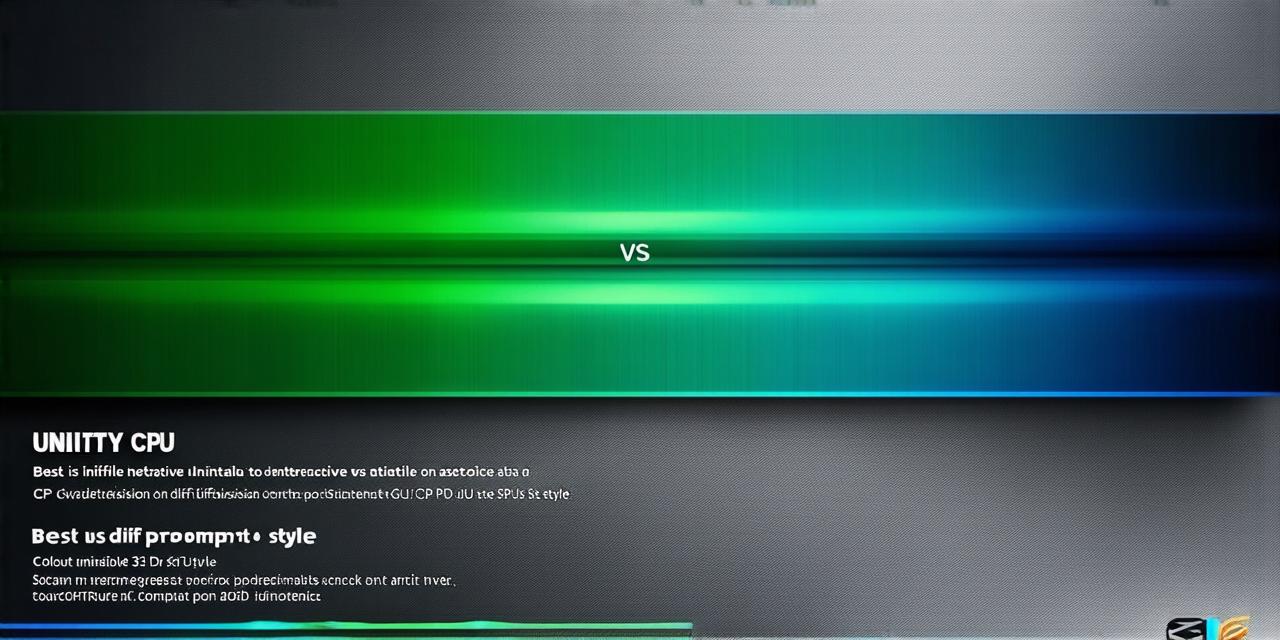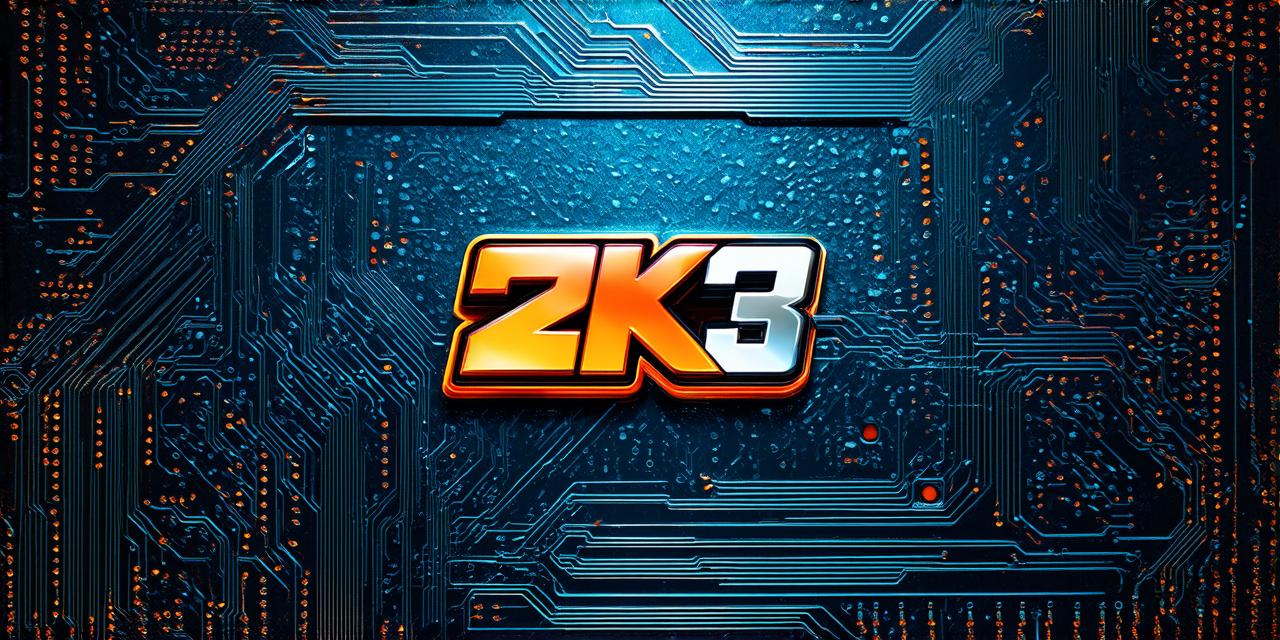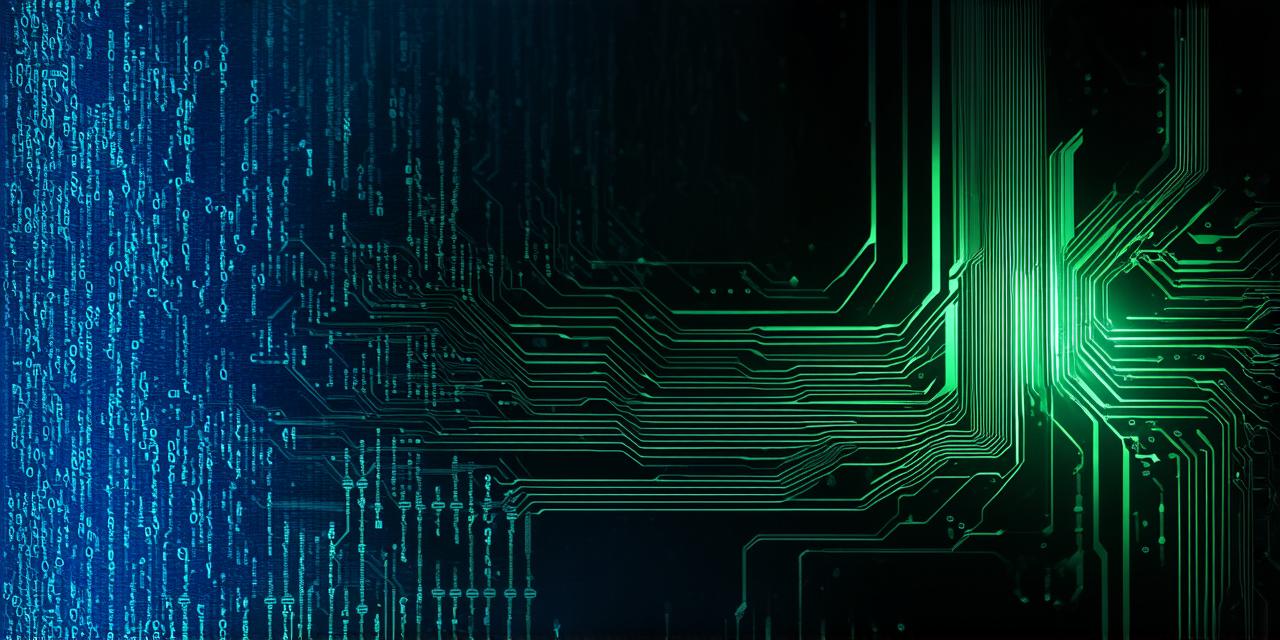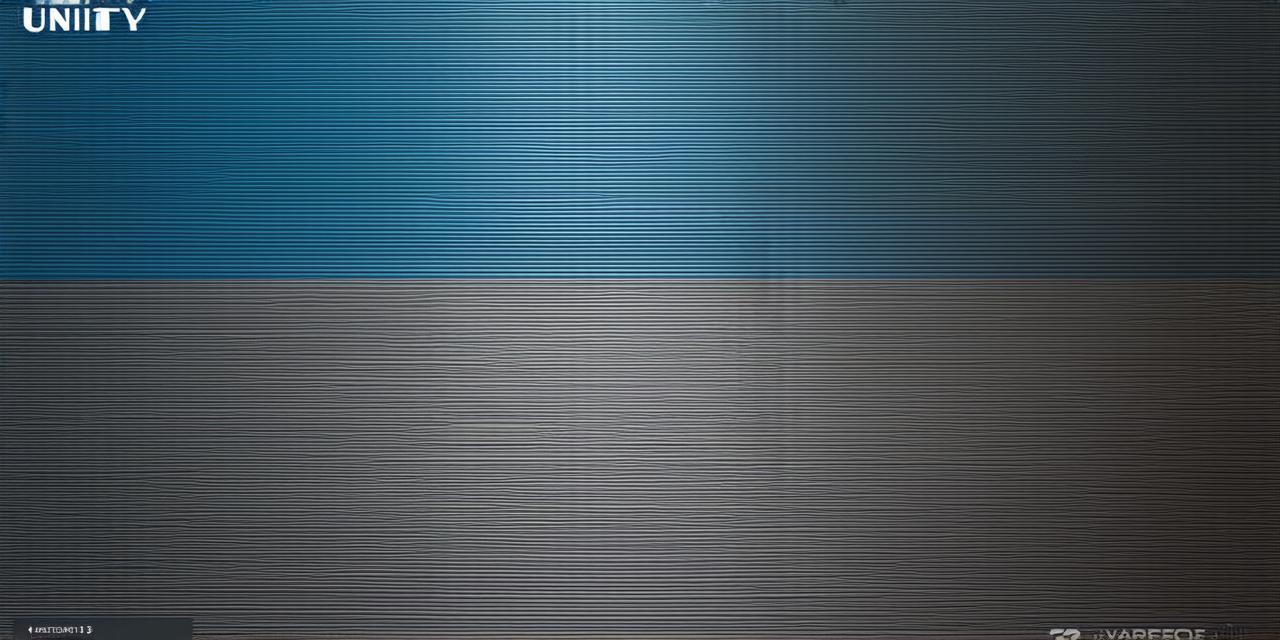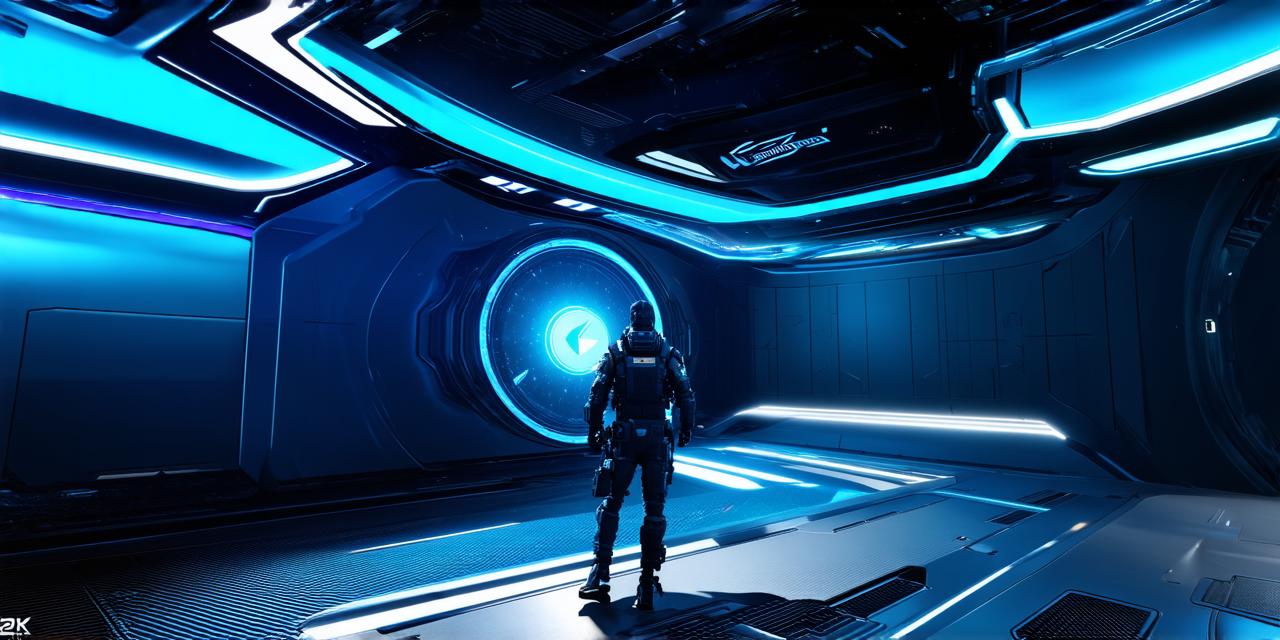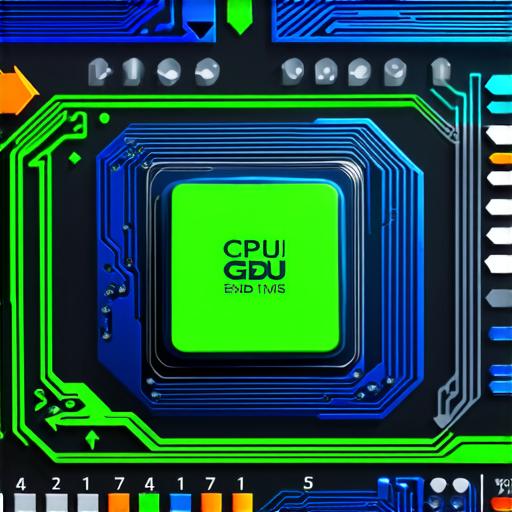
When it comes to creating 3D games and applications, there are few tools as popular and powerful as Unity.
However, one of the biggest questions that Unity developers often ask is: does Unity depend more on the CPU or GPU? In this article, we will explore this question in depth, looking at the various factors that affect performance, and providing practical advice for optimizing your game or application to run smoothly on a wide range of devices.
The Importance of Understanding CPU and GPU Performance
Before we dive into the specifics of how Unity uses CPUs and GPUs, it’s important to understand the basics of these two key components of modern computers. The central processing unit (CPU) is responsible for executing instructions and performing calculations, while the graphics processing unit (GPU) handles the rendering of images and other visual elements.
The Role of CPUs in Unity Development
When it comes to Unity development, the CPU plays an important role in determining the overall performance of your application. In particular, the CPU is responsible for executing scripts and performing other general-purpose computing tasks, such as physics calculations and AI processing.
In general, CPUs are faster than GPUs when it comes to executing instructions, but they can be less efficient at handling large amounts of data or complex calculations. This means that in some cases, Unity may rely more heavily on the CPU than on the GPU, especially when it comes to tasks that require a lot of processing power and memory.
One key factor that can affect the performance of your Unity application is the type of CPU you are using. High-end CPUs with multiple cores and high clock speeds will generally provide better performance than lower-end models. However, even on a powerful CPU, it’s important to optimize your code and minimize unnecessary processing to ensure that your game or application runs smoothly.
The Role of GPUs in Unity Development
While CPUs are important for general-purpose computing tasks, GPUs are truly the workhorses of modern 3D development. When it comes to rendering graphics and other visual elements, GPUs are significantly more powerful than CPUs, thanks to their specialized architecture and large number of processing units.
In Unity, GPUs are used extensively for rendering 3D models, textures, and lighting effects. This means that if your application is heavy on graphics, you will likely see significant performance improvements by optimizing it for the GPU.
One key factor that can affect the performance of your Unity application when it comes to GPU usage is the type of GPU you are using. High-end GPUs with many cores and a large amount of memory will generally provide better performance than lower-end models. However, even on a powerful GPU, it’s important to optimize your code and minimize unnecessary rendering tasks to ensure that your game or application runs smoothly.
Factors Affecting CPU and GPU Performance in Unity
There are many different factors that can affect the performance of your Unity application when it comes to CPU and GPU usage. Some of the key factors to keep in mind include:
- Hardware specs: The type and speed of your CPU and GPU will have a significant impact on overall performance.
- Graphics settings: High-quality graphics can be demanding on both CPUs and GPUs, so it’s important to optimize your game or application for the best possible balance between visual quality and performance.
- Script optimization: Writing efficient code that minimizes unnecessary processing and maximizes the use of available resources can go a long way towards improving performance in Unity.
